23 Of The Most Nutrient-Dense Foods To Add To Your Diet
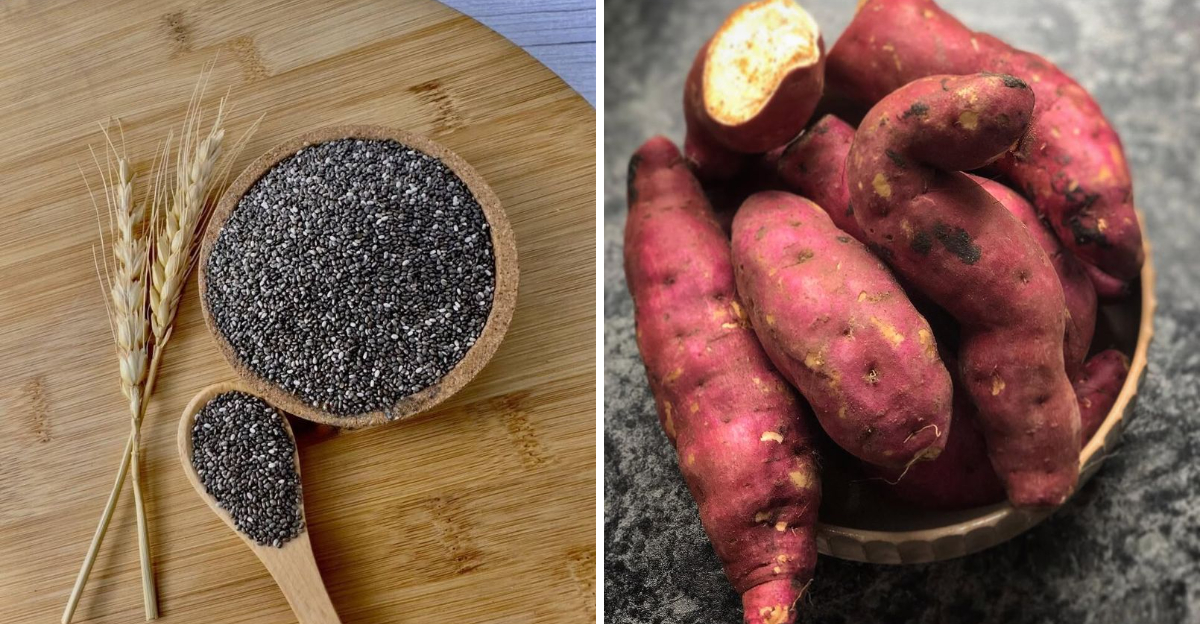
Exploring nutrient-dense foods can transform your diet and boost your overall health. These foods are packed with vitamins, minerals, and other essential nutrients that can enhance your well-being. Here, we present a carefully curated list of 23 nutrient-dense foods you should consider adding to your meals. Each item is not only nutritious but also delicious, making it easy to include these in your everyday diet for a healthier lifestyle.
1. Kale
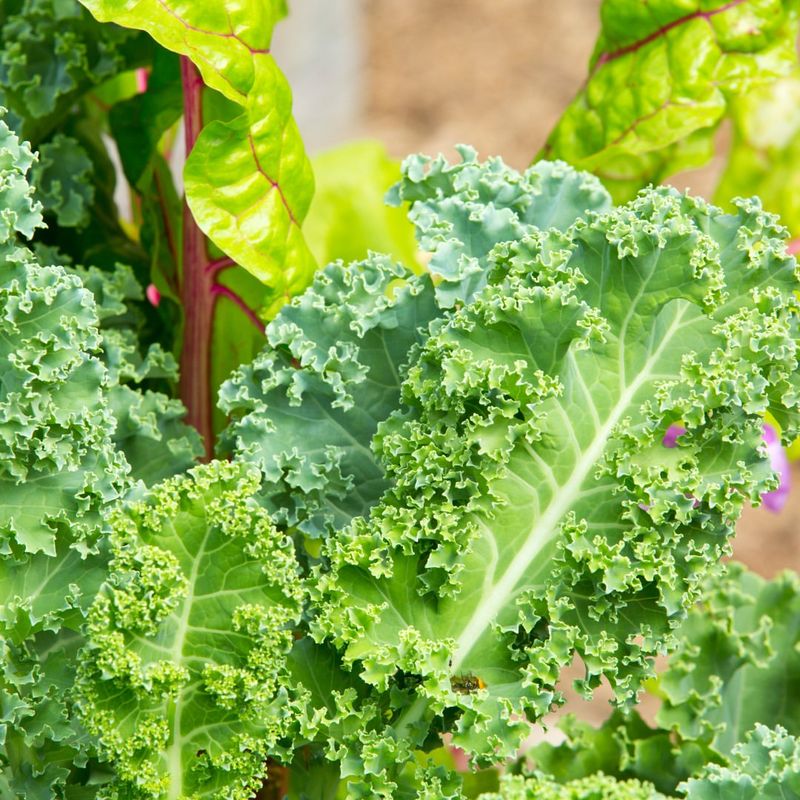
Kale is a powerhouse of nutrients, offering a rich supply of vitamins A, C, and K. Its deep green leaves are also packed with antioxidants, which help fight free radicals in the body. Including kale in your diet can support heart health and improve bone strength, thanks to its high calcium content. You can enjoy it in salads, smoothies, or lightly sautéed. Adding kale to your meals is a simple way to boost your nutrient intake without adding excessive calories, making it a perfect choice for weight management.
2. Blueberries
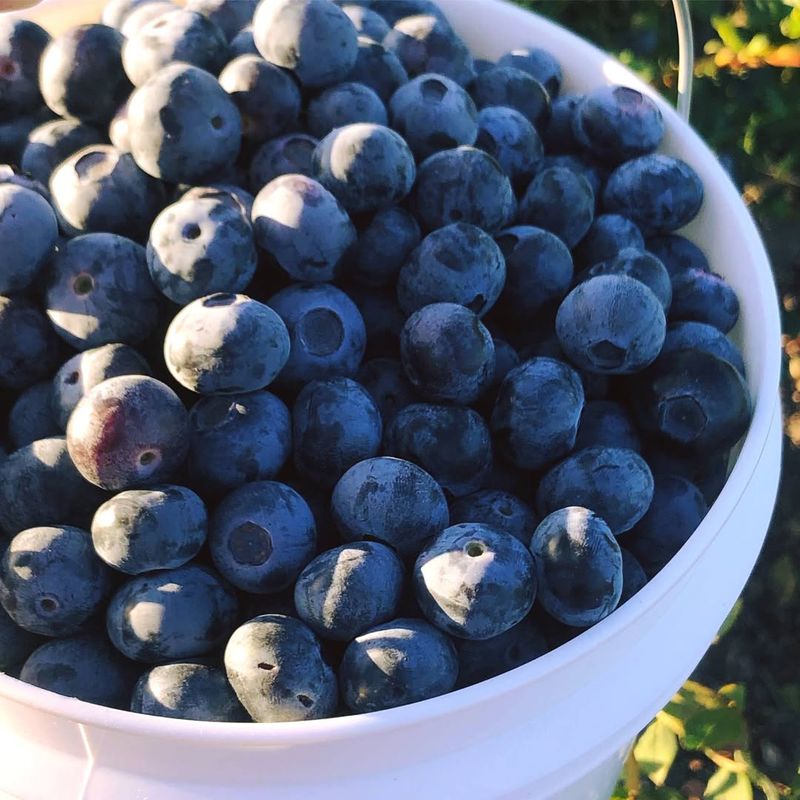
Blueberries are tiny fruits loaded with immense nutrition. They are renowned for their high antioxidant levels, particularly anthocyanins, which help protect your cells. These berries are also a good source of vitamin C and fiber, promoting a healthy immune system and digestion. Enjoy them fresh, frozen, or blended in smoothies. Blueberries are a delight to the taste buds and can be a versatile addition to desserts, breakfasts, or as a snack, allowing you to enjoy both taste and health benefits effortlessly.
3. Spinach
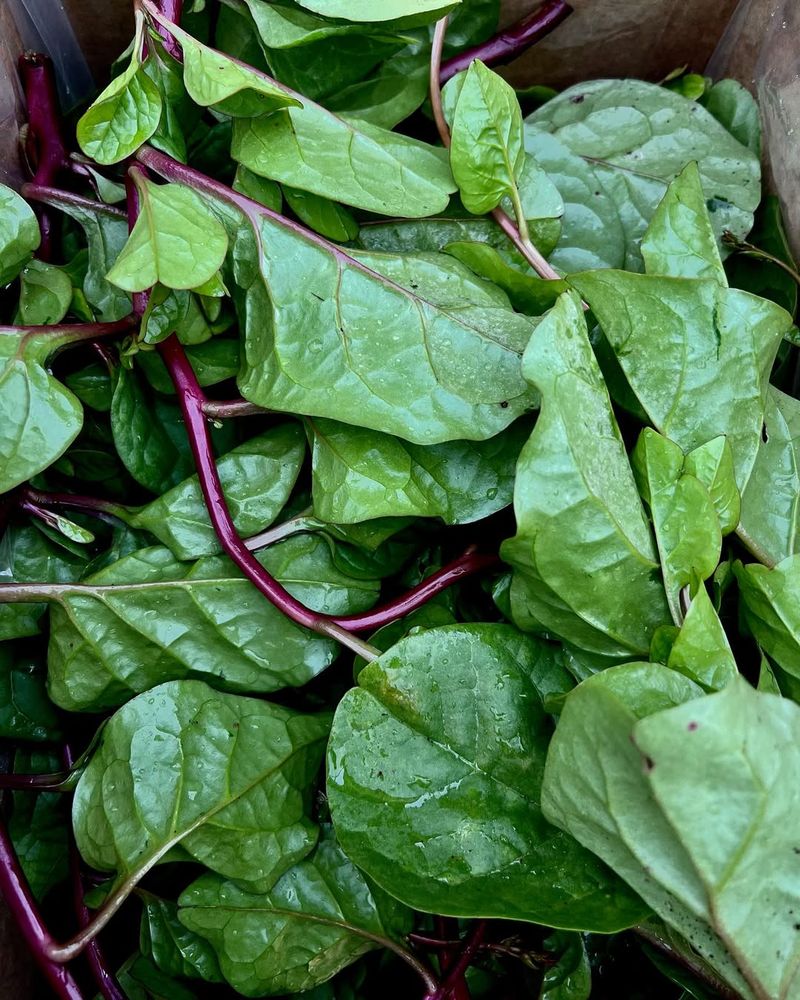
Spinach is an incredibly versatile green, loaded with vitamins A, C, and K, as well as iron and calcium. These nutrients play a role in maintaining healthy vision and strong bones. Its mild flavor makes it easy to add to many dishes, from salads to pastas or smoothies, enriching your meals with nutrients. Consuming spinach regularly aids in boosting your body’s antioxidant defenses and supports cardiovascular health, making it a valuable addition to your diet.
4. Quinoa
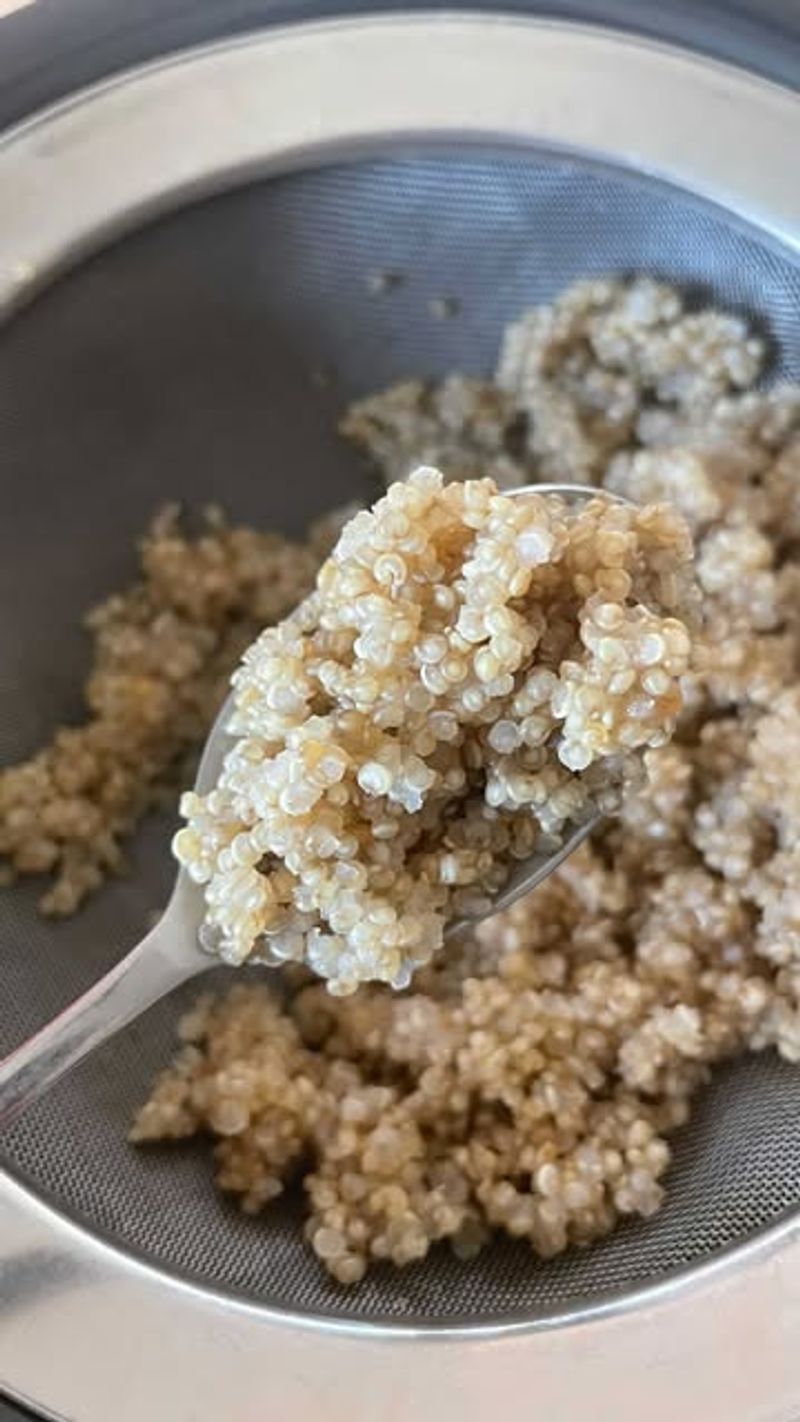
Quinoa is a complete protein source, containing all nine essential amino acids. This makes it a fantastic option for vegetarians seeking protein-rich foods. It is packed with fiber, magnesium, and B vitamins, contributing to improved digestion and energy production. Quinoa’s nutty flavor and fluffy texture complement various dishes. Whether used as a base for salads, in soups, or as a side dish, quinoa offers versatility and nutrition, supporting your dietary needs effectively.
5. Almonds
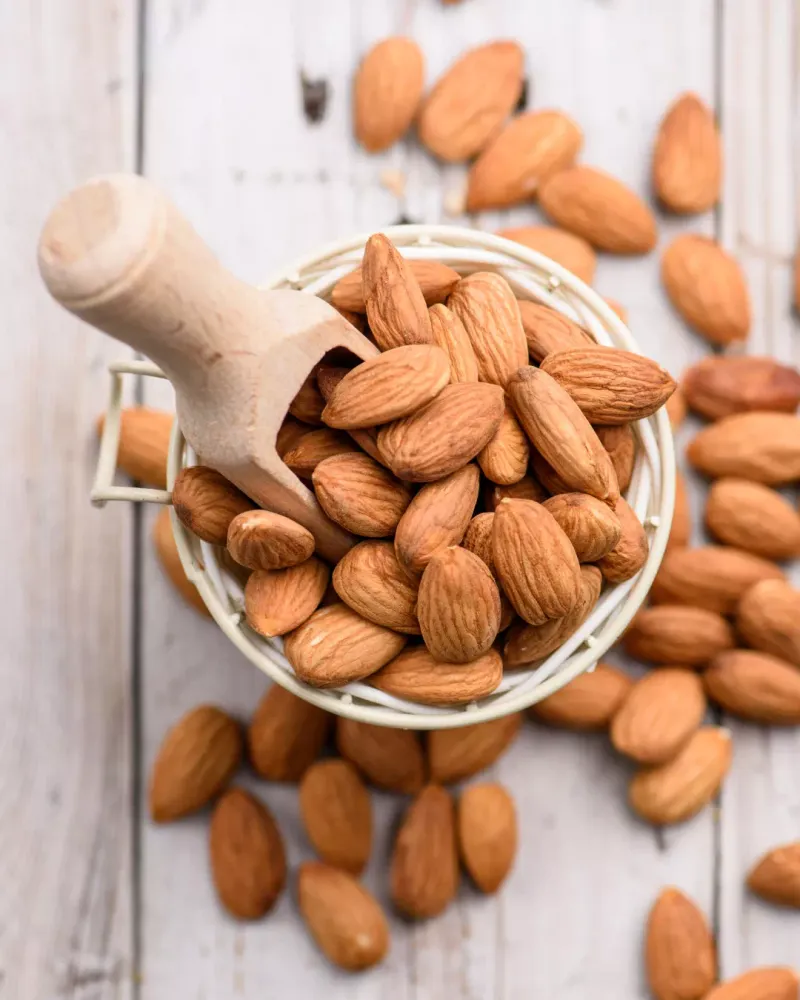
Almonds are a nutrient-dense nut, high in healthy monounsaturated fats, vitamin E, and magnesium. These components help support heart health and maintain good cholesterol levels. They also provide a good amount of protein and fiber, promoting satiety and energy balance throughout the day. Snack on raw almonds or use them in baking. Incorporating almonds into your diet can contribute to better skin health and weight management, making them a smart choice for a daily snack.
6. Sweet Potatoes

Sweet potatoes are rich in beta-carotene, which your body converts into vitamin A, supporting eye health and immune function. These vibrant tubers also contain fiber, vitamin C, and potassium, aiding in digestion and maintaining blood pressure levels. Bake, mash, or roast them for a delightful side dish. Their natural sweetness and nutrient profile make sweet potatoes a versatile ingredient in both savory and sweet recipes, perfect for enhancing your diet.
7. Avocado
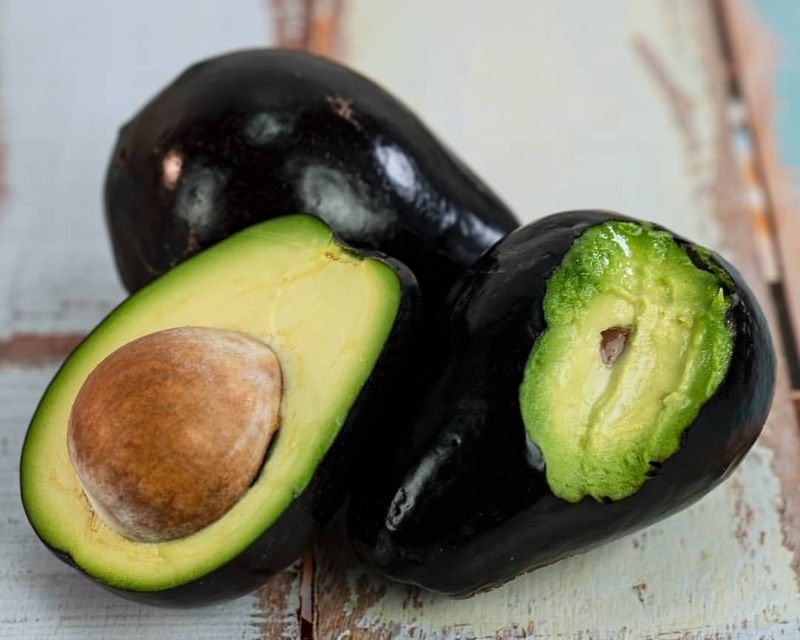
Avocados are celebrated for their high content of healthy monounsaturated fats, which are beneficial for heart health and lowering bad cholesterol levels. They’re also rich in fiber and potassium, promoting a healthy digestive system and helping regulate blood pressure. Add avocados to salads, smoothies, or toast. Their creamy texture and mild flavor enhance any dish, providing essential nutrients while elevating the taste and nutritional value of your meals.
8. Broccoli
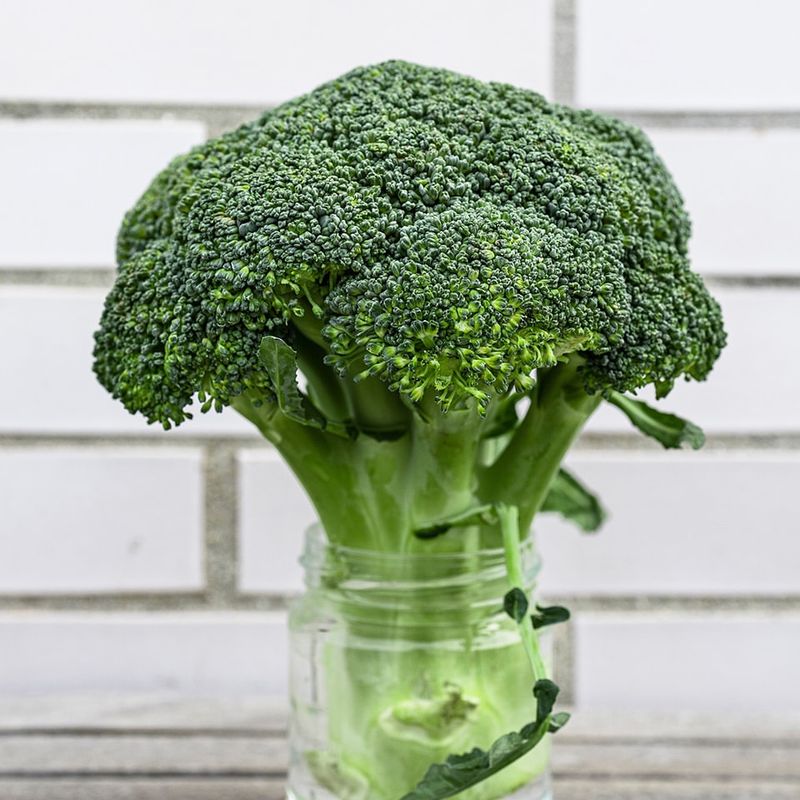
Broccoli is a cruciferous vegetable high in vitamins C and K, as well as fiber and various antioxidants. These nutrients support immune function and bone health. Incorporate broccoli into your meals by steaming, roasting, or adding it to stir-fries. Its crunchy texture and mild flavor suit many dishes. Eating broccoli regularly can help detoxify your body and improve digestion, thanks to its fiber content, making it a staple in a balanced diet.
9. Chia Seeds
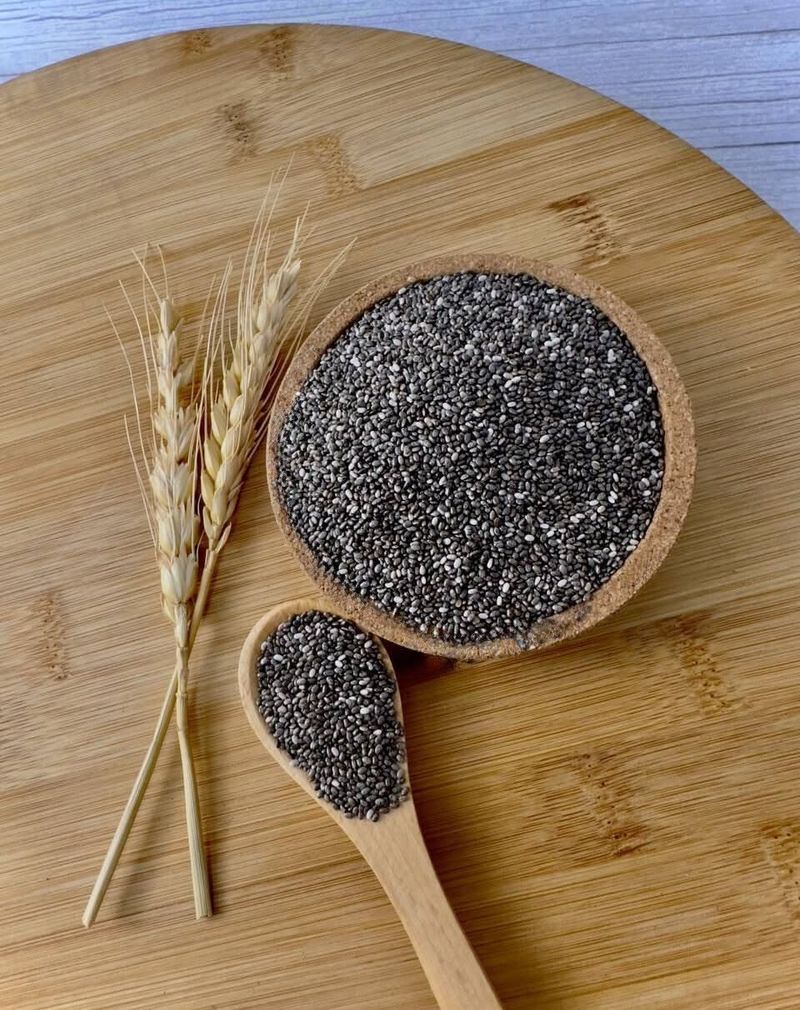
Chia seeds are small but mighty, offering a wealth of omega-3 fatty acids, fiber, and protein. These nutrients aid in heart health and promote a feeling of fullness. They can absorb liquid, transforming into a gel-like texture, which makes them perfect for puddings or as an egg substitute in baking. Sprinkle chia seeds on yogurt, salads, or smoothies to boost nutritional content effortlessly, making them a versatile addition to any meal plan.
10. Eggs
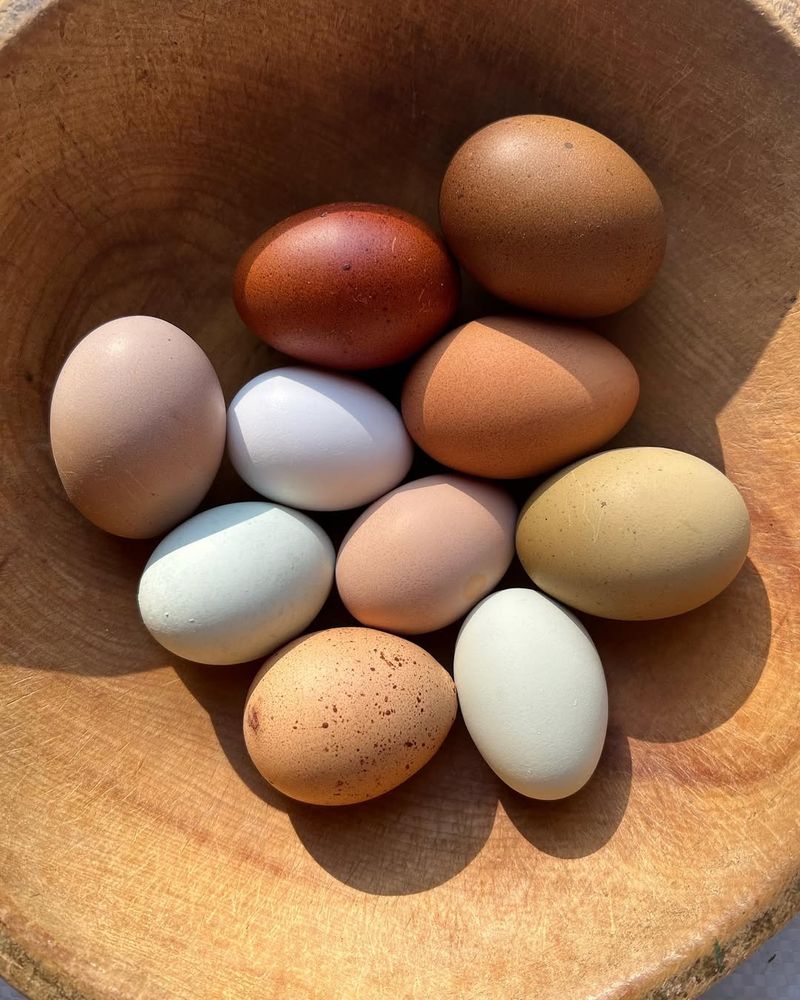
Eggs are an excellent source of high-quality protein and essential nutrients, including vitamin B12, selenium, and choline. They support muscle health and energy levels, making them a breakfast staple. Boil, scramble, or poach eggs for a quick and nutritious meal. Including eggs in your diet provides a satisfying and versatile food option that can be prepared in numerous ways to suit any taste preference.
11. Garlic

Garlic is renowned for its potent medicinal properties and flavorful addition to dishes. It’s rich in sulfur compounds that support immune health. Regular consumption of garlic can contribute to heart health by reducing blood pressure and cholesterol levels. Use it fresh or powdered in various recipes. The robust flavor of garlic enhances any meal, making it both a culinary and healthful choice for your diet.
12. Lentils
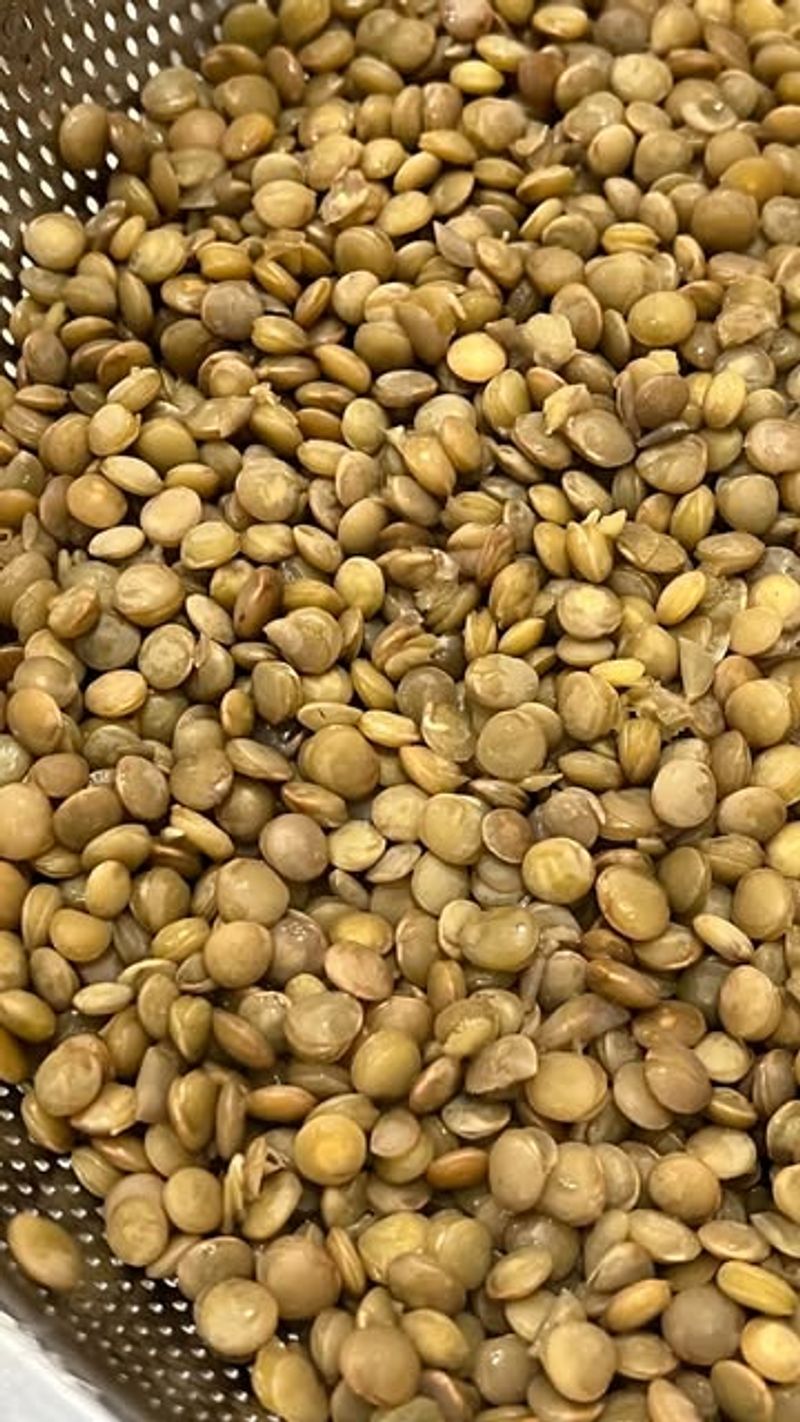
Lentils are a fantastic plant-based protein source, rich in fiber, iron, and folate. These nutrients support energy production and red blood cell formation. Enjoy lentils in soups, stews, or salads for a hearty and nutritious addition. They cook quickly and adapt to various flavor profiles. Incorporating lentils into your meals can support digestive health and provide a sustainable energy source, making them ideal for vegetarian and vegan diets.
13. Oats
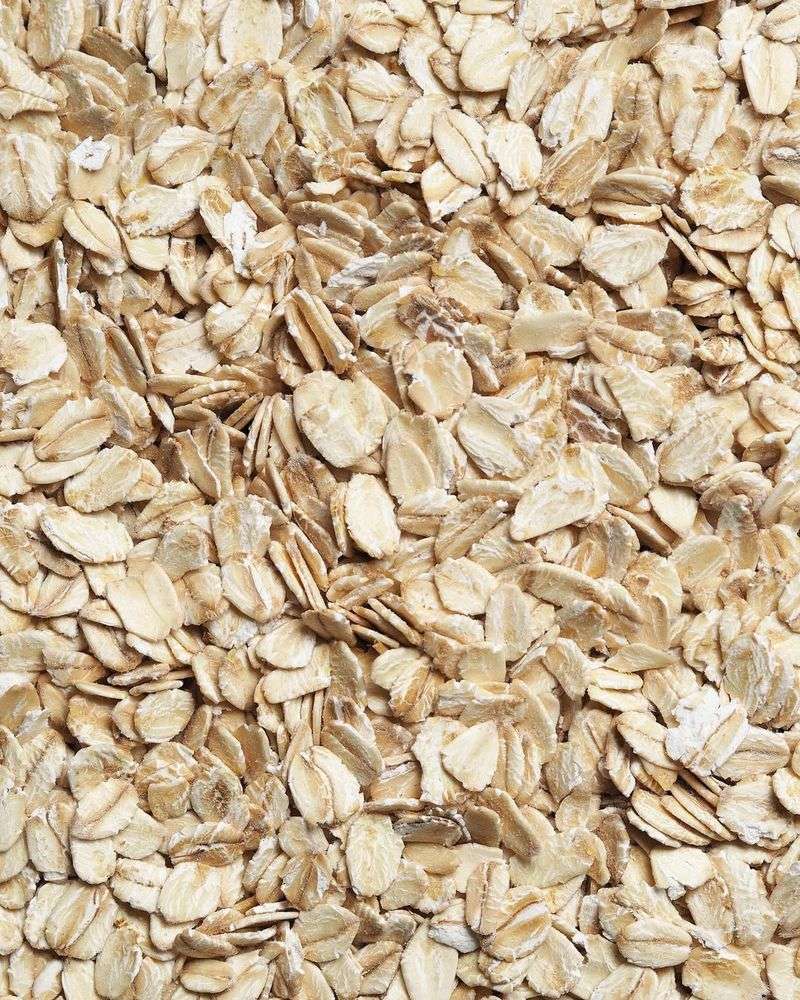
Oats are a delicious whole grain that provides a good source of fiber, particularly beta-glucan, which supports heart health. They also contain magnesium, iron, and protein, contributing to balanced energy levels and muscle function. Enjoy oats as oatmeal or in baked goods. Starting your day with oats can offer sustained energy and improve digestion, making them a breakfast favorite.
14. Walnuts
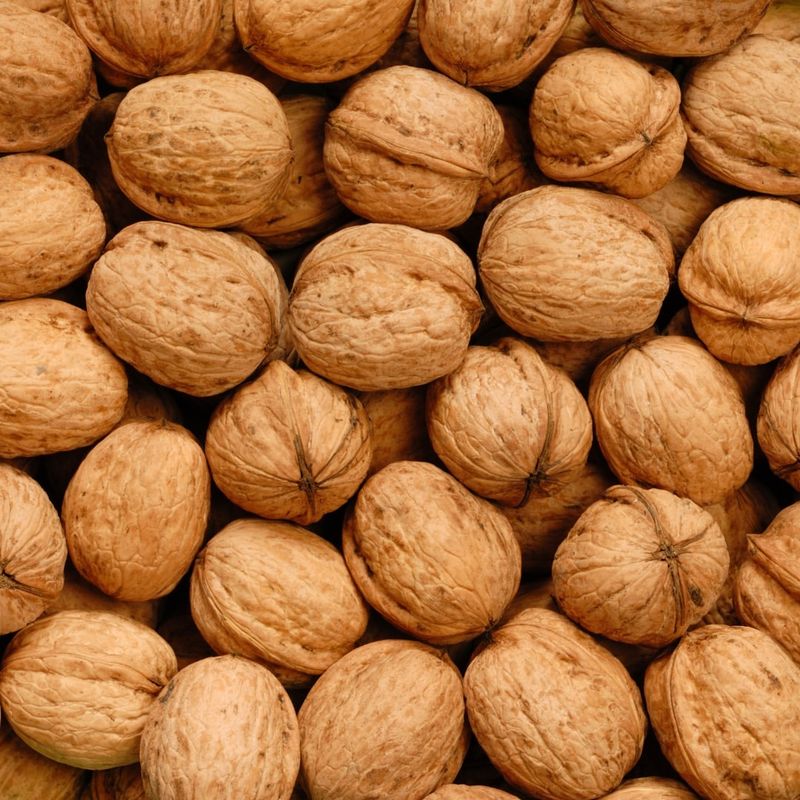
Walnuts are a unique nut, high in omega-3 fatty acids and antioxidants. These components contribute to heart and brain health. They also provide protein, fiber, and essential minerals, supporting overall well-being. Snack on walnuts or add them to salads and desserts. Their rich flavor and nutritious profile make walnuts a versatile and healthy addition to your diet, perfect for enhancing both taste and nutrition.
15. Greek Yogurt

Greek yogurt is a protein-rich dairy product, offering probiotics that support gut health and digestive function. It’s also high in calcium, important for bone health, and can be enjoyed on its own or with toppings like fruit and nuts. Incorporating Greek yogurt into your diet adds a creamy texture and tangy flavor, while boosting nutritional content, making it a versatile food choice.
16. Pumpkin Seeds
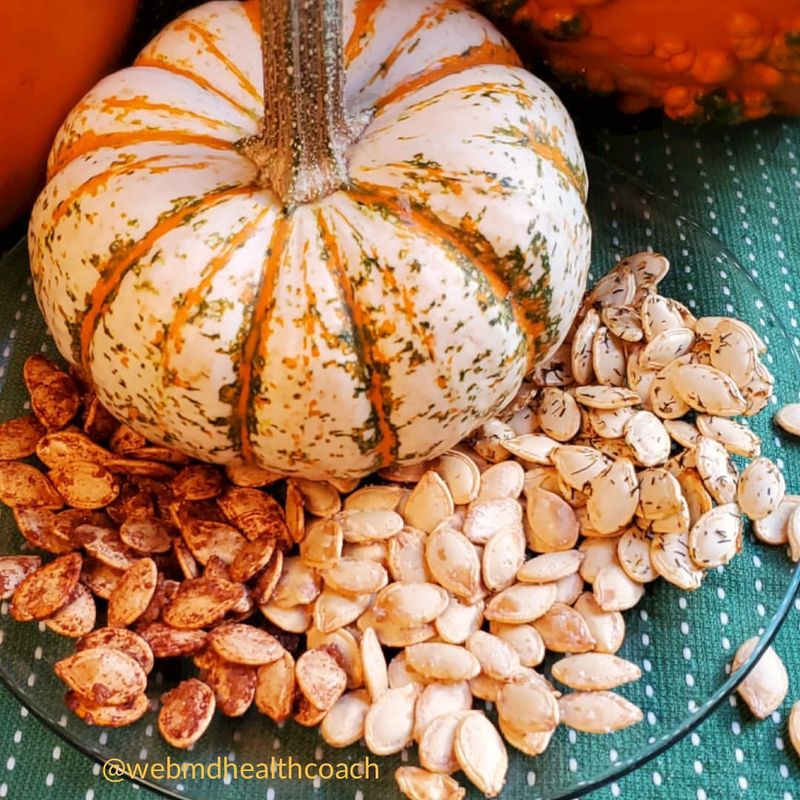
Pumpkin seeds are a nutrient-rich snack, high in magnesium, iron, and zinc. These minerals support immune function and energy production. They also contain healthy fats and protein, promoting satiety. Enjoy them roasted as a snack or sprinkled on salads and soups. Adding pumpkin seeds to your diet offers a delicious way to enhance your nutritional intake, supporting overall health and vitality.
17. Brussels Sprouts
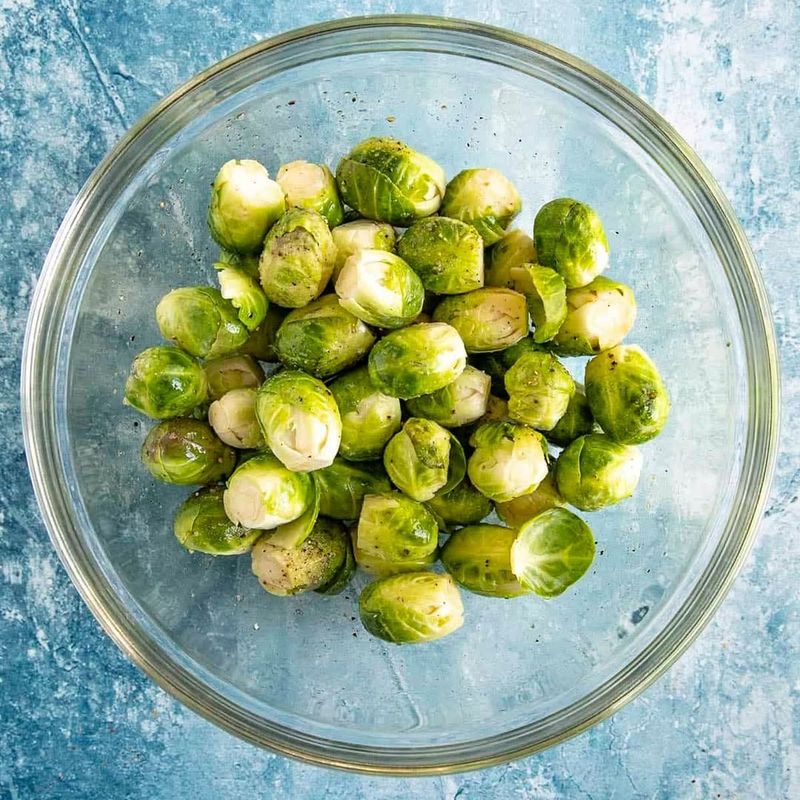
Brussels sprouts are among the cruciferous vegetables rich in vitamin K, vitamin C, and fiber, supporting bone health and immune function. These small cabbages have a slightly bitter taste that mellows when roasted, making them a delicious side dish. Regular consumption of Brussels sprouts contributes to detoxification and digestive health, making them a valuable addition to a balanced diet.
18. Flaxseeds
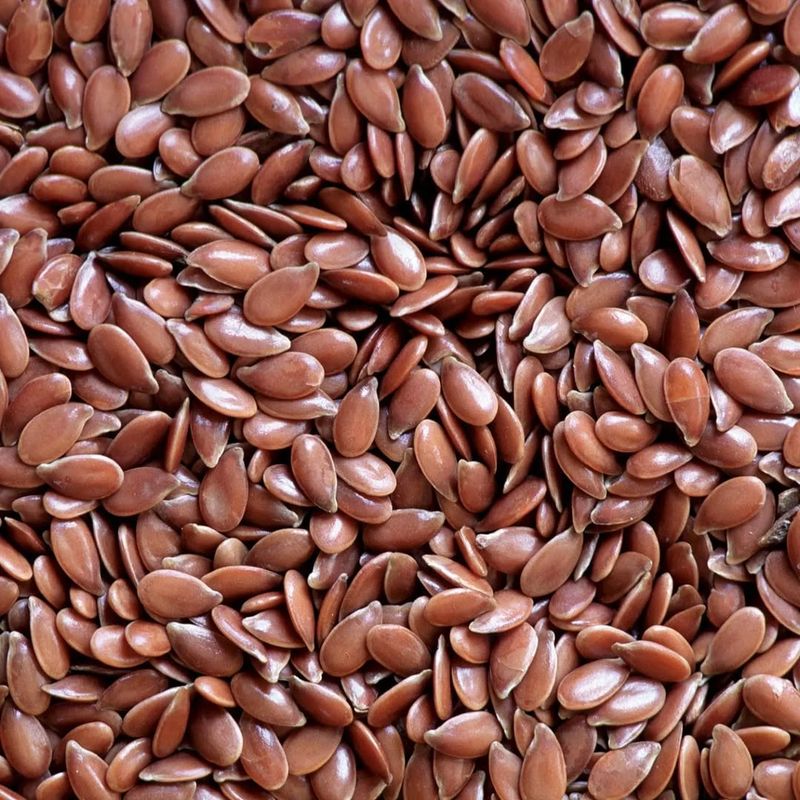
Flaxseeds are tiny seeds packed with omega-3 fatty acids, fiber, and lignans, which have antioxidant properties. They support heart health and help maintain healthy cholesterol levels. Ground flaxseeds can be added to smoothies, oatmeal, or baked goods. Incorporating flaxseeds into your meals enhances nutritional content, providing a simple way to benefit from their health-boosting properties.
19. Sardines
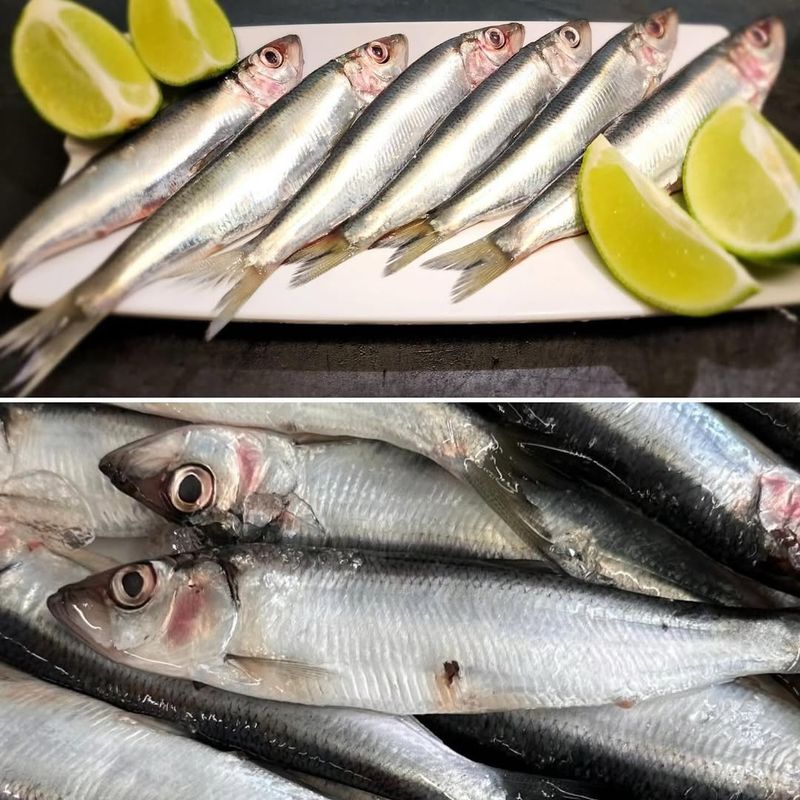
Sardines are small, oily fish rich in omega-3 fatty acids, vitamin D, and calcium, supporting heart and bone health. They are also a good protein source, making them an excellent choice for those looking to increase their protein intake. Enjoy sardines grilled, canned, or in salads. Their robust flavor and nutritional benefits make sardines a worthwhile addition to meals, particularly for seafood lovers seeking nutrient-dense options.
20. Dark Chocolate

Dark chocolate is a delightful treat rich in antioxidants, particularly flavonoids, which support heart health. Look for chocolate with a high cocoa content to maximize health benefits. Enjoy it in moderation for a sweet yet nutritious indulgence. Including a small amount of dark chocolate in your diet can satisfy your sweet tooth while providing essential nutrients, making it a guilt-free pleasure.
21. Seaweed

Seaweed is a natural marine food rich in iodine, crucial for thyroid function, and packed with vitamins and minerals. It offers a unique umami flavor and can be added to soups, salads, or sushi, enhancing both taste and nutrition. Incorporating seaweed into your diet can boost mineral intake and provide essential nutrients, supporting overall health and well-being.
22. Sweet Peppers

Sweet peppers are vibrant vegetables rich in vitamin C, vitamin A, and fiber, promoting immune health and vision. They come in various colors, each offering a slightly different taste, from sweet to mildly tangy. Roast, grill, or stuff them for a nutritious dish. Adding sweet peppers to your diet enhances meals with color and nutrients, providing a delicious way to boost your health.
23. Beets
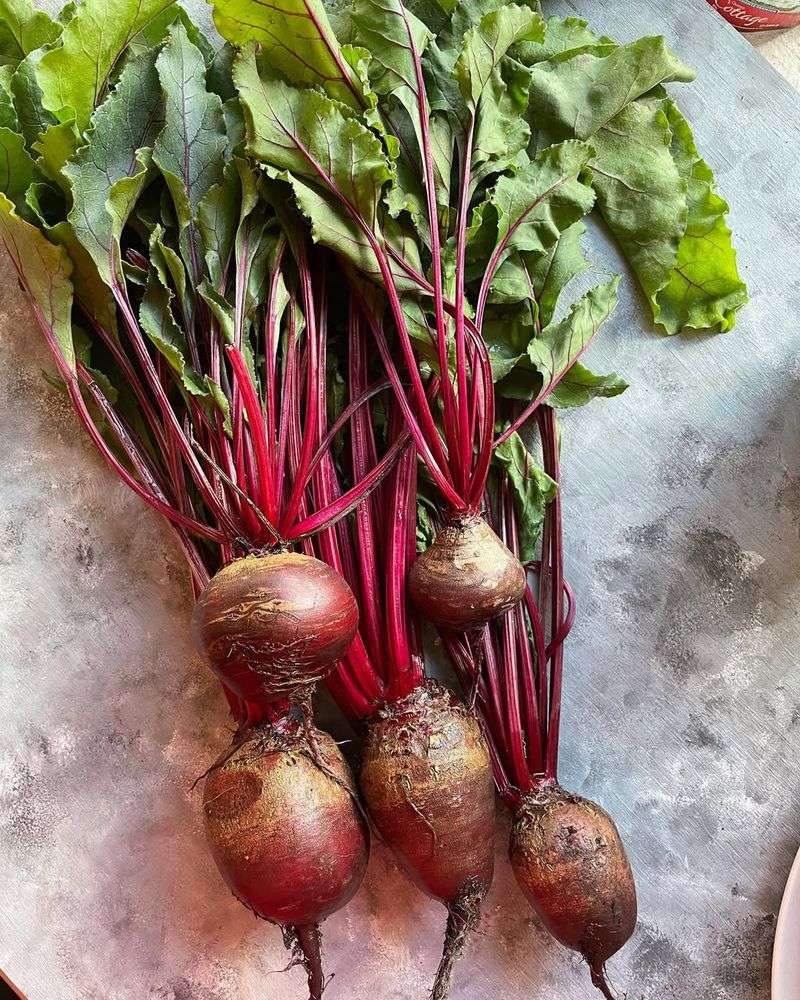
Beets are a root vegetable high in folate, manganese, and nitrates, which support blood pressure and energy levels. Their earthy flavor is enhanced when roasted, making them a flavorful side dish or salad addition. Include beets in your diet to benefit from their vibrant color and nutritional properties, supporting cardiovascular health and overall vitality.
